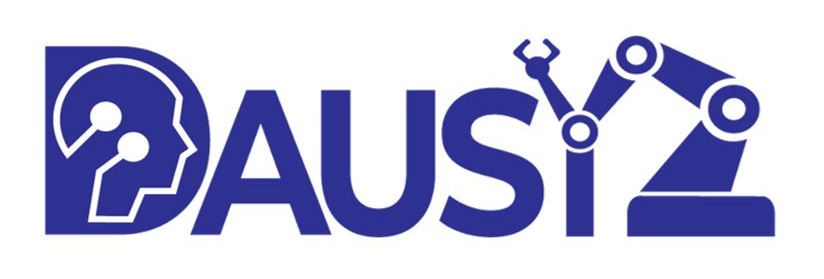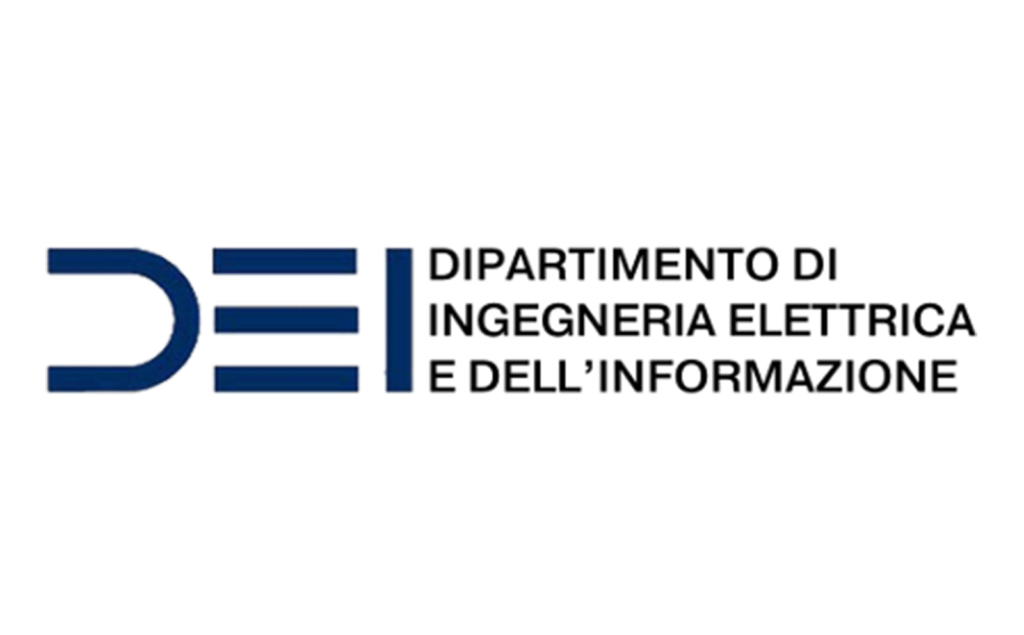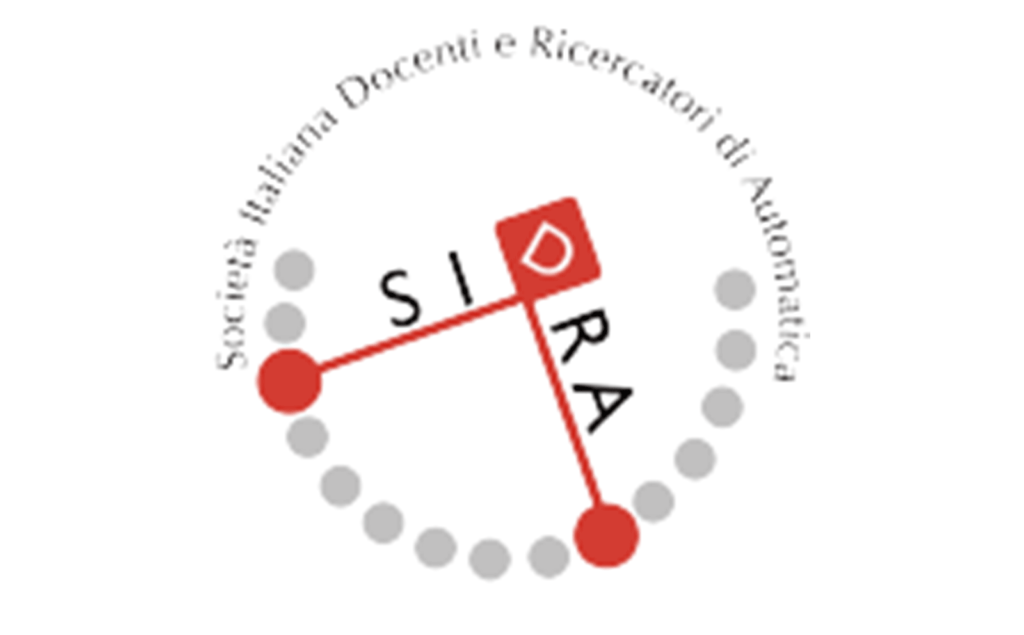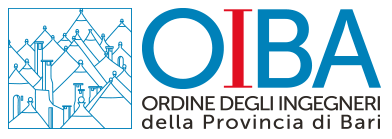Background and Scope
The 2025 IFAC Workshop on Smart Energy Systems for Efficient and Sustainable Smart Grids and Smart Cities (SENSYS 2025), held in Bari, Italy, from June 18 to June 20, 2025, will delve into advanced decision and control techniques within smart energy systems. It aims at enhancing the efficiency and sustainability of infrastructures and urban areas, focusing on the transformation of energy systems through automation and systems engineering. This interdisciplinary event will bring together scientists, enterprises, policymakers, and stakeholders to discuss theoretical and practical challenges in modeling, optimizing, and controlling smart energy systems for smart grids and cities, promoting efficient energy use and resource conservation globally.
The SENSYS 2025 workshop is set against the backdrop of the rapidly evolving landscape of smart energy systems. As the global demand for clean and efficient energy solutions intensifies, particularly in urban environments, the role of advanced decision and control techniques becomes increasingly important. These techniques are essential not only for optimizing energy use, but also for ensuring the sustainability of our energy infrastructures.
Smart grids and smart cities represent the backbone of this transformation. The workshop will explore the interplay between these systems and the advanced methodologies that drive their efficiency and sustainability. Topics such as distributed and decentralized control, wide-area monitoring, and intelligent control in power grids will be central to the discussions. Moreover, the flexibility of virtual power plants, energy market design based on game theory, and transactive control will also be key focus areas, highlighting the innovative approaches needed to manage modern energy systems.
The workshop will emphasize the importance of fault detection, supervision, and safety measures to maintain reliable energy systems. Participants will have the opportunity of examining the modeling and control of prosumer resources, the smart design and control of energy storage systems, and the role of artificial intelligence in control systems. Non-linear dynamic modeling, multi-objective optimization, and uncertainty management will be explored as critical tools for effective decision-making in energy management.
The integration of agent-based and participatory modeling will be discussed, stressing the significance of stakeholder involvement in developing sustainable energy solutions. Practical applications will span across various domains, including smart grids, districts, buildings, community-based energy systems, green hydrogen integration, and the electrification of transport and mobility.
Finally, the workshop will address the role of real-time monitoring and control in industrial processes and the synergistic relationship between automation, systems engineering, and sustainable development. An open invited session will focus on the modeling and control of environmental systems, highlighting the intersection between smart energy systems and natural resource management. Through these discussions, the workshop aims to foster innovation, collaboration, and the development of cutting-edge solutions that will shape the future of smart energy systems globally.
Main IFAC sponsoring Technical Committees
- TC 6.3. Power and Energy Systems
IFAC Co-sponsoring Technical Committees
- TC 8.3. Modelling and Control of Environmental Systems
- TC 9.3. Control for Smart Cities
National Organizing Committee
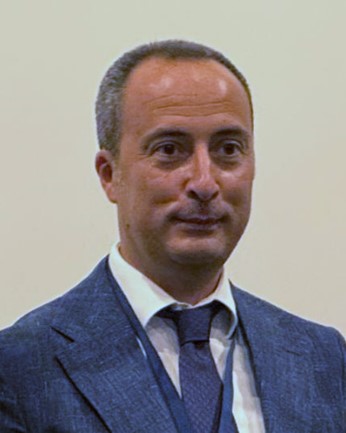
NOC Chair
Raffaele CARLI
Politecnico di Bari, Italy
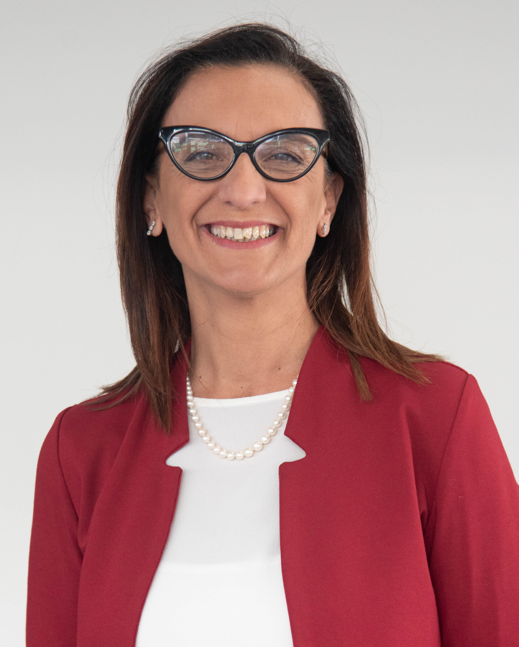
NOC Co-Chair
Mariagrazia DOTOLI
Politecnico di Bari, Italy
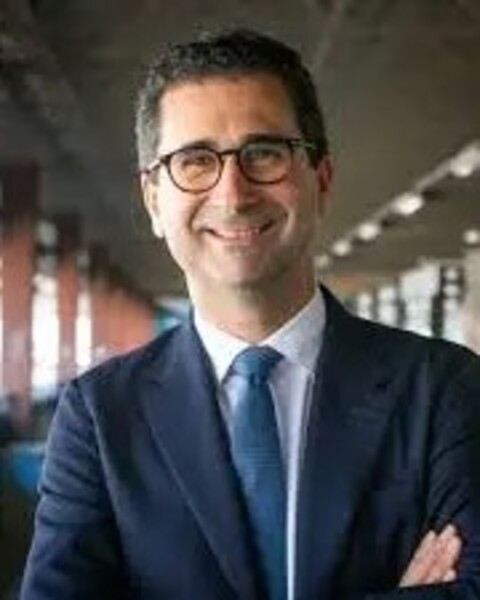
NOC Vice-Chair from industry
Francesco CUPERTINO
Politecnico di Bari, Italy
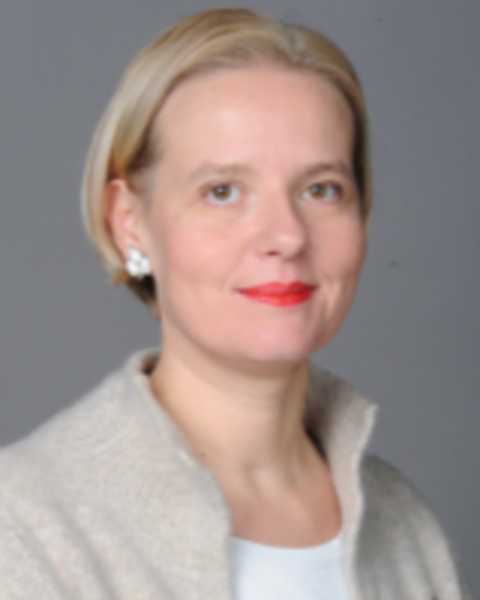
Editor
Marialuisa VOLTA
Chair of TC 8.3
University of Brescia, Italy
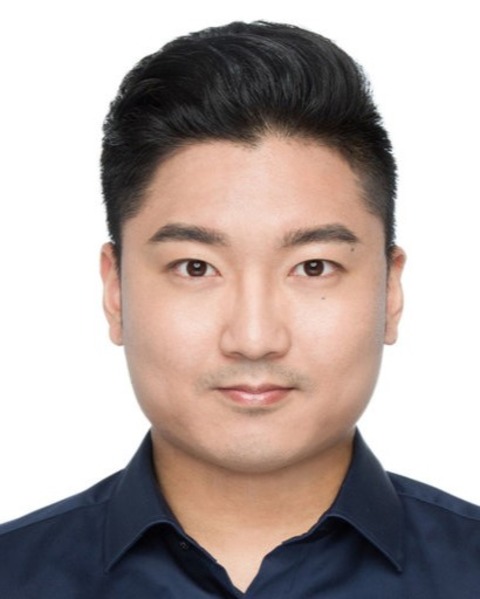
Co-Editor
Xiaoyu CAO
Chair of TC 9.3
Xi’an Jiaotong University, China
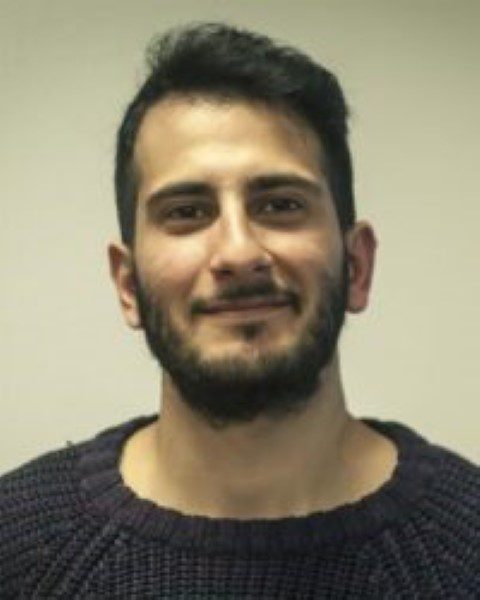
Local Arrangements Chair
Paolo SCARABAGGIO
Politecnico di Bari, Italy

Diversity and Inclusion Chair
Silvia PROIA
University of Modena and Reggio Emilia, Italy
International Program Committee
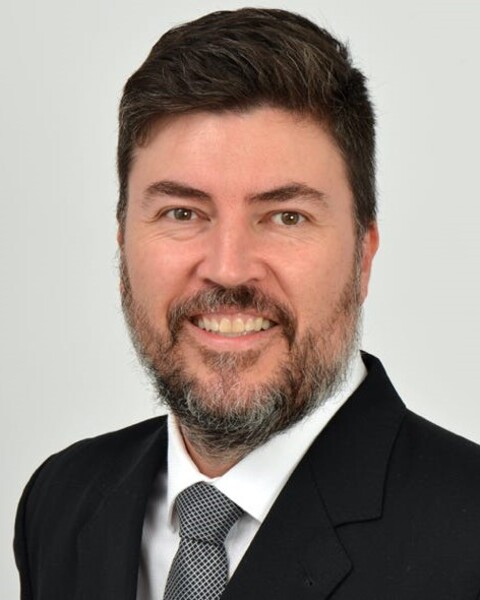
IPC Chair
Carlos OCAMPO-MARTINEZ
Universitat Politècnica de Catalunya, Spain
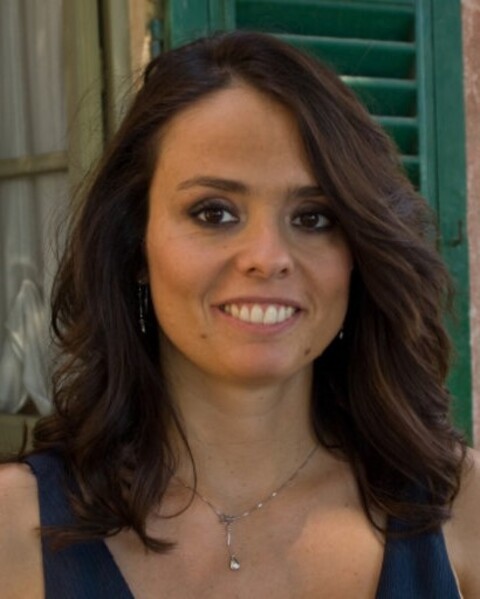
IPC Vice-Chair
Michela ROBBA
Chair of TC 6.3
University of Genova, Italy
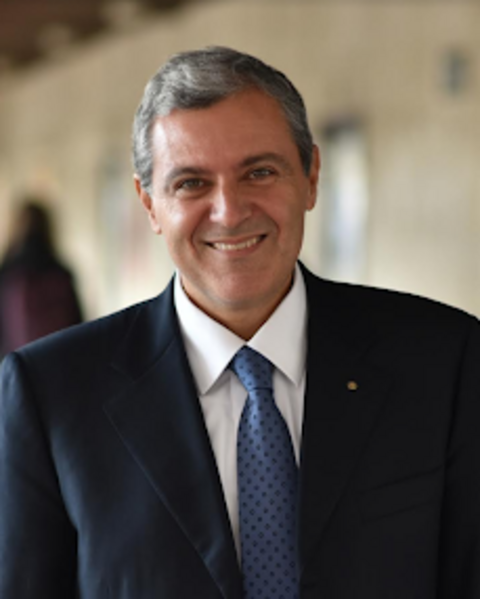
IPC Vice-Chair from Industry
Riccardo AMIRANTE
Politecnico di Bari, Italy
IPC Members
- Adela Bara (Romania, Bucharest, Bucharest University of Economic Studies)
- Alessio Iovine (France, Paris, CNRS)
- Amedeo Buonanno (Italy, Roma, ENEA)
- Antoneta Iuliana Bratcu (France, Grenoble, University Grenoble Alpes, CNRS)
- Antonio Russo (Italy, Bergamo, Università degli Studi di Bergamo)
- Aouatif Saad (Morocco, Kenitra, Ibn Tofail University)
- Bianca Caiazzo (Italy, Napoli, Universitas Mercatorum)
- Carla Seatzu (Italy, Cagliari, University of Cagliari)
- Carlo Novara (Italy, Torino, Polytechnic of Turin)
- Carlos Bordons (Spain, Sevilla, Universidad de Sevilla)
- Chiara Mocenni (Italy, Siena, University of Siena)
- Damian Flynn (Ireland, Dublin, University College Dublin )
- Davide Tebaldi (Italy, Modena, University of Modena and Reggio Emilia)
- Elizabeth Ratman (Australia, Melbourne, Monash University)
- Enrico Zero (Italy, Genova, University of Genova)
- Federica Pascucci (Italy, Roma, Università degli Studi Roma Tre)
- Fengqi You (USA, Ithaca, Cornell University)
- Giorgio Guariso (Italy, Milano, Politecnico di Milano)
- Giulio Ferro (Italy, Genova, University of Genoa)
- Graziana Cavone (Italy, Roma, Università degli Studi Roma Tre)
- Hassina Derbal (France, Amiens, Picardie jules Verne University)
- Heidi Fleischer (Germany, Rostock, University of Rostock)
- Hendrik Lens (Germany, Stuttgart, University of Stuttgart )
- Henrik Madsen (Denmark, Kongens Lyngby, Technical University of Denmark )
- Hiroyuki Mori (Japan, Chiyoda, Meiji University)
- Javier Diaz-Rozo (Spain, Barcelona, Aingura IIoT)
- Johannes Schiffer (Germany, Cottbus, Brandenburg University of Technology)
- Jose Rueda (The Netherlands, Delft, Delft University of Technology)
- Juan Martinez-Piazuelo (Spain, Barcelona, Universitat Politècnica de Catalunya)
- Junbo Zhao (USA, Storrs, University of Connecticut)
- Kenneth Carling (Sweden, Falun, Dalarna University)
- Kwang Lee (USA, Texas, Waco, Baylor University)
- Laura Giarrè (Italy, Modena, University of Modena and Reggio Emilia)
- Luca Parodi (Italy, Genova, University of Genoa)
- Mariagrazia Dotoli (Italy, Bari, Polytechnic of Bari)
- Marialuisa Volta (Italy, Brescia, DIMI – University of Brescia)
- Nicanor Quijano (Colombia, Bogatà, Universidad de los Andes)
- Nicola Mignoni (Italy, Bari, Polytechnic of Bari)
- Paolo Scarabaggio (Italy, Bari, Polytechnic of Bari)
- Peter Fogh Odgaard (Denmark, Hinnerup, Goldwind Energy )
- Polina Ovsiannikova (Finland, Helsinki, Aalto University)
- Raffaele Carli (Italy, Bari, Polytechnic of Bari)
- Ramon Vilanova (Spain, Catalonia, Barcelona, Universitat Autònoma de Barcelona)
- Richard D. Braatz (USA, Boston, Massachusetts Institute of Technology)
- Seifeddine Ben Elghali (France, Marseille, Aix-Marseille Université)
- Sergio Grammatico (The Netherlands, Delft, Delft University of Technology)
- Silvia Carpitella (USA, Northridge, CA, California State University)
- Silvia Proia (Italy, Modena, University of Modena and Reggio Emilia)
- Silvia Maria Zanoli (Italy, Ancona, Polytechnic University of Marche)
- Simona Oprea (Romania, Bucharest, Bucharest University of Economic Studies)
- Umberto Montanaro (UK, Guilford, University of Surrey)
- Valentina Gambuzza (Italy, Catania, University of Catania)
- Valeriy Vyatkin (Finland, Helsinki, Aalto University)
- Virginia Casella (Italy, Genova, University of Genoa)
- Young II Lee (Korea, Seoul, Seoul National University of Science and Technology )
- Yrjö Majanne (Finland, Tampere, Tampere University)
- Zita Vale (Portugal, Porto, Polytechnic of Porto)
Sponsors
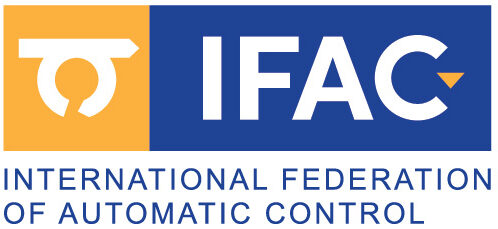
International Federation of Automatic Control
Main technical sponsor
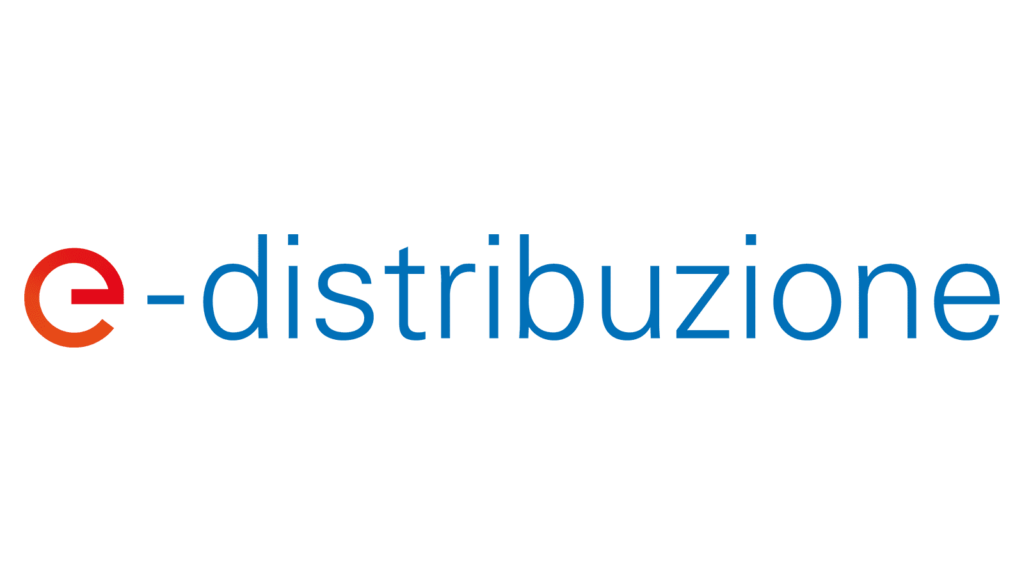
e-distribuzione
Gold Sponsor
E-Distribuzione, Italy’s leading electricity distribution company and part of the Enel Group. The company manages a network of over 1,100,000 km, reaching more than 7,400 municipalities and serving over 31.5 million customers.
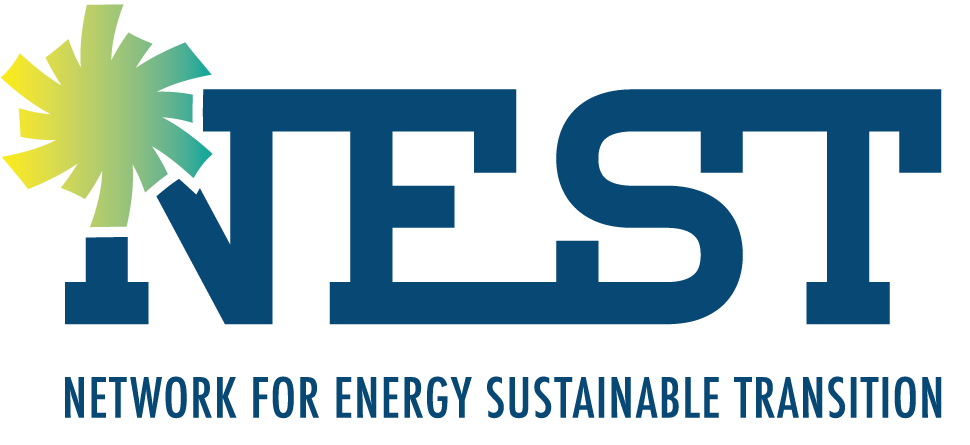
Network for Energy Sustainable Transition
Gold Sponsor
Network for Energy Sustainable Transition, one of the major extended partnerships selected by the Italian Ministry of University and Research under the National Recovery and Resilience Plan (PNRR) to promote sustainable research and innovation.
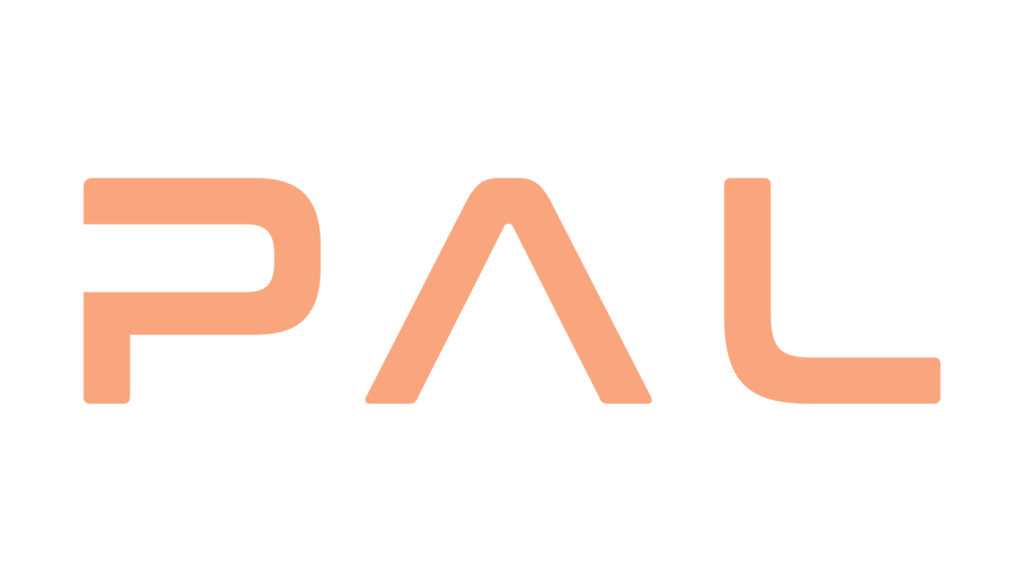
Pal Robotics
Silver Sponsor
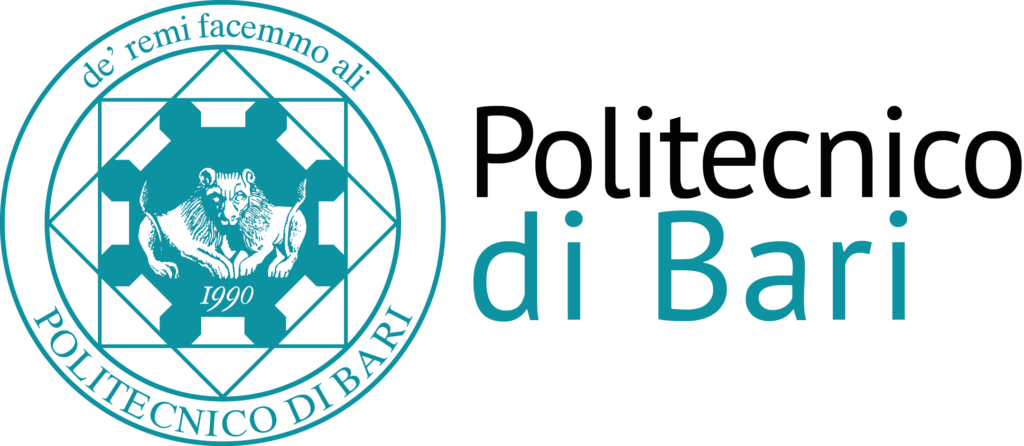
Politecnico di Bari
Technical sponsor
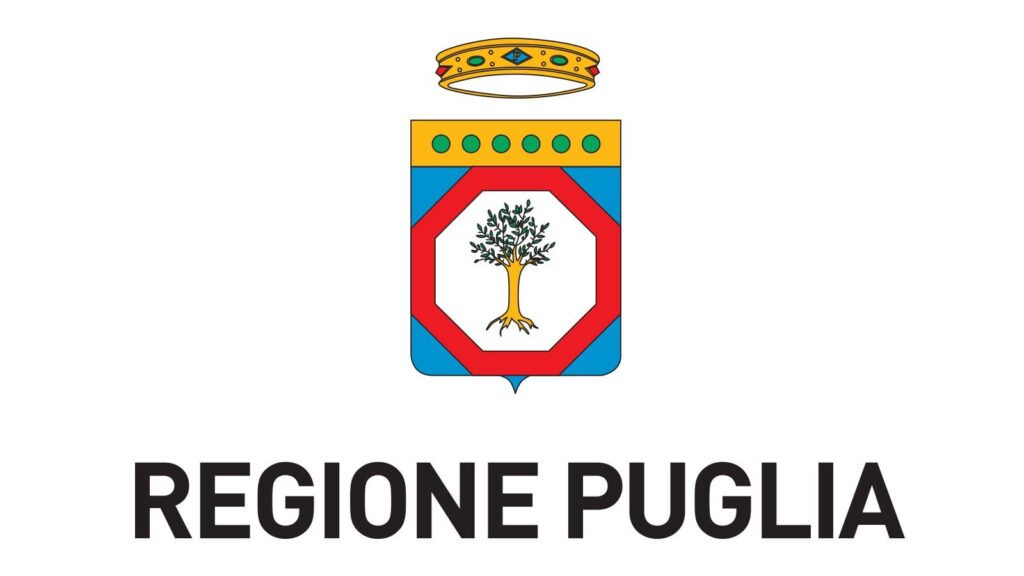
Regione Puglia
Patronage
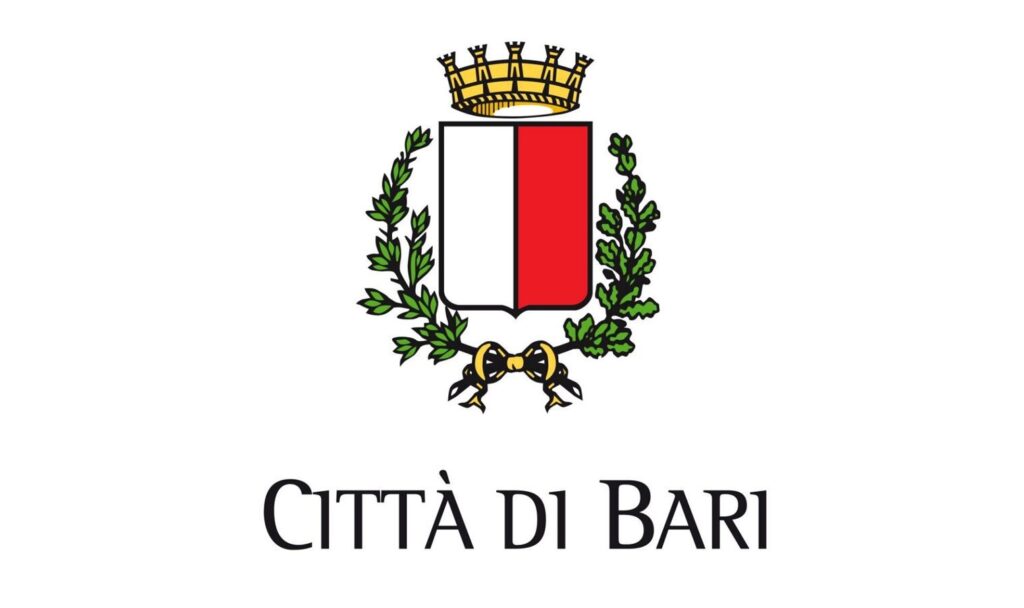
Comune di Bari
Patronage

Legambiente Puglia
Patronage
If you would like to sponsor SENSYS 2025, please have a look at our sponsor benefit flyer.
Diversity and Inclusion statement
IFAC, as an international federation serving and representing all those concerned with the theory and application of automatic control and systems engineering wherever situated, is devoted to creating and fostering an inclusive environment that is open to diverse thoughts, ideas, and communications, without fear of discrimination, harassment, or retaliation against any member of this community. It is committed to providing equal opportunities and a safe environment for every person who chooses to participate in its work. Additionally IFAC strives for these same principles for all IFAC activities, including technical events, journals, and its various committees and governing boards.
- IFAC actively promotes the inclusion of a diverse set of speakers, which will lead to more representative discussions across IFAC.
- IFAC actively promotes the inclusion of a diverse set of members of its boards and committees at all levels, which will lead to more representative decisions, policies and activities across IFAC.
More about IFAC Mission and Vision
Become An IFAC Affiliate
IFAC offers services dedicated to individuals who sign-up as IFAC Affiliates. The services include the possibility to share and consult information about other Affiliates. It also gives access to more advanced features such as :
- Receiving the IFAC Newsletter.
- Receiving alerts about the IFAC Conferences in your field/s of interest.
- Benefit for reduced registration fees at IFAC Conferences. Conferences are typically 10€ (or the local equivalent) less expensive for IFAC Affiliates, than for non-affiliates.
- Participating in IFAC Technical Activities.
- Organizing IFAC Conferences.
- Participating in IFAC Journals.
- Applying to IFAC Awards.
- Applying to the IFAC Activity fund.
- And more to come in the future.
Moreover, being an IFAC Affiliate is free of charge. Any individual who is interested in Control Engineering should sign up !

